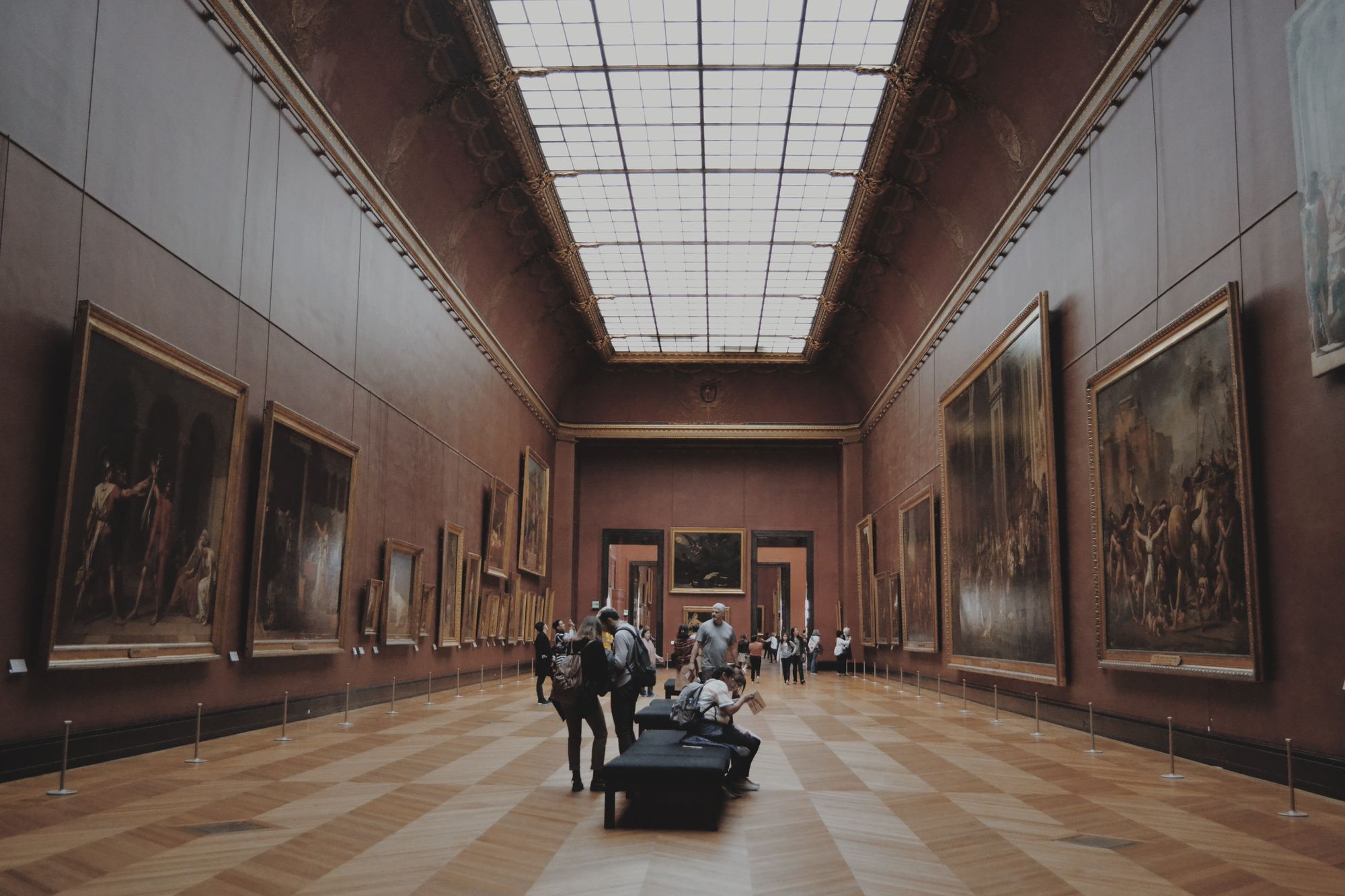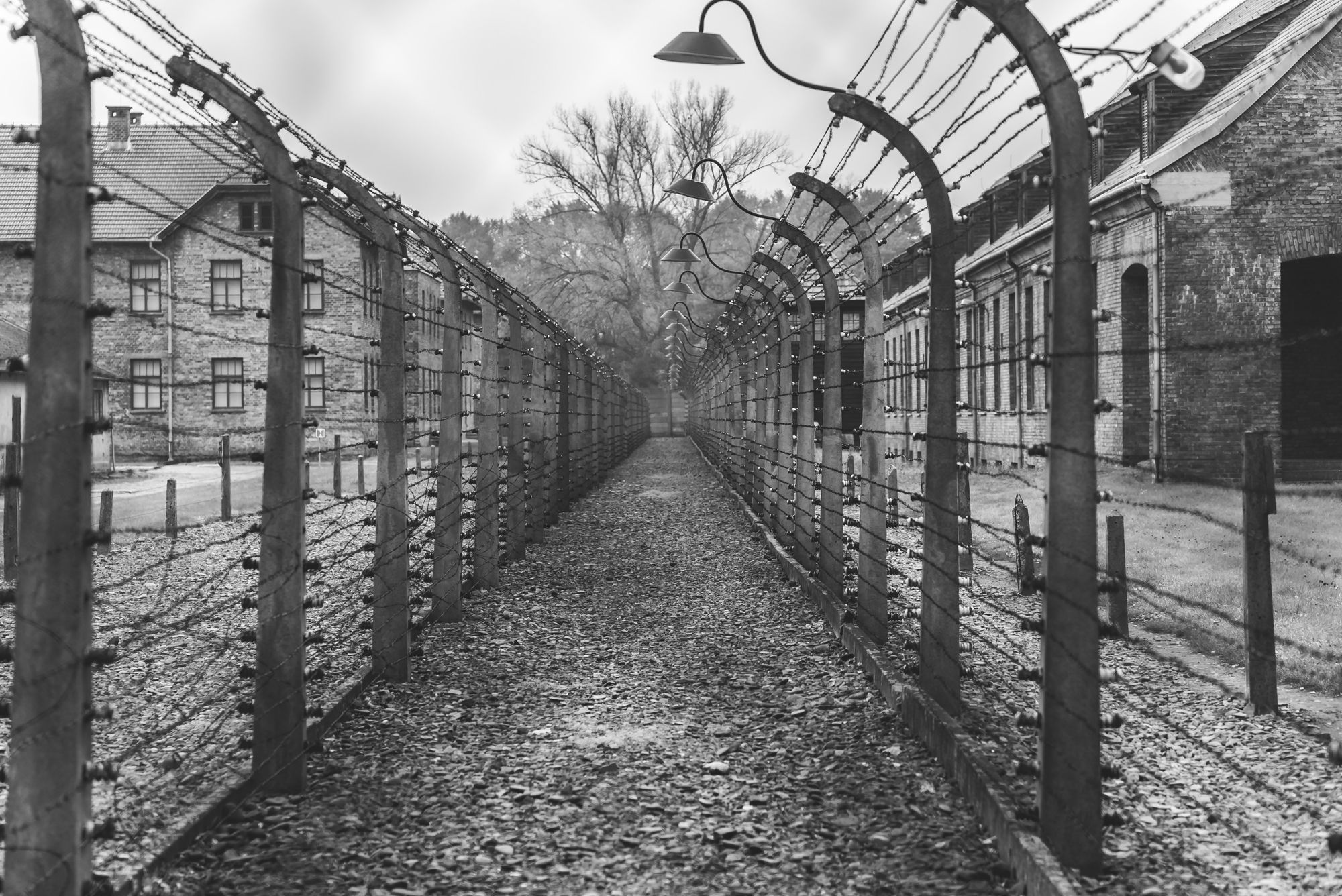The Memory Boom: To Forget or to Remember?

In the last 50 years of the 20th century, about 15,000 museums were created in the US (Lewis et al., 2021), a 90% growth since the Second World War ended. Similar statistics are seen across the globe, for example in Japan, a drastic increase in museums was seen at the same time. The number of museums created was an incredible 5,700, which has leveled off ever since at that number (Japan Association of Museums).
This phenomenon is called the Memory Boom, alongside other efforts to remember the past such as memorials and memoirs. It essentially describes the overwhelming effort to "remember the past", after the tragic events of the many global wars and conflicts. The memory boom is a significant shift in the way we understand our past, present, and future.

Prior to the memory boom, we often refer to the way we understand our societies and history under the name of modernity. This can be an abstract concept, so let me briefly explain.
Modernity is the attempt to shift the construction of society from "primitive" to "advanced". The most famous example of modernity is the Scientific Revolution in Europe, in which the focus of social movements transferred from the metaphysical explanations to "reason and rationality".
This is led to the Industrial Revolution, Humanism, and many more ideas and technologies that are foundational to our lives today. The underlying assumption to 'embody modernity' is the idea of progress – hence the move from "primitive" to "advanced". With rapid social change as well as incredible development on various fronts, the future is a constant promise of fruitfulness.
In this view, the future is ever progressing and expanding, while the past becomes distant and 'objective' – allowing the discipline of history as we know it to be born.
"So it was the birth of the future that paradoxically gave birth to the past as an object of historical knowledge" (Lorenz, 2014:48)
However, as the world went through incredible challenges in the 20th century, things changed.
From the multiple conflicts and atrocities, humans left a seemingly irreversible scar on the heart of morality. This scar goes by the name of genocide, colonialism, slavery, mutually assured destruction (the fear of destroying the world via nuclear war, a.k.a MAD) and you can add more to the list.
This scar halted the idea of progress (in terms of modernity), and shifted the focus to the past. The horrors during this time pulled the memory of yesterday closer to today. Beginning from the Nuremberg trial, to the modern-day disputes between the Japanese Government and Comfort Women, the "history" of the 20th century continues to loom large over our consciousness.
However, the judicial and political model created under the idea of "reason and rationale" of modernity, fails to deal with such pasts. As the basis of modernity is to leave the past behind and move on.
This incapacity of dealing with historic scars triggered the memory boom – as there was a fear of the past being forgotten and becoming "fossilized" through the cold gaze of society.
I argue that the memory boom was initially a convenient movement for the adherents to modernity. Memorials, museums, holidays-to-remember, and other "sites of memory" (Nora, 1989) only served as another facade for a "will to remember" (Lorenz, 2014). What was stored in these "sites of memory" were not the memories, but objects that helped individuals evoke the past. So yet again, the past was seemingly materialized into a subject of study. An example of this are concentration camps, as they no longer serve as memorials but have become tourist attractions for the nation-state.

Such success seemed to peak in the past few years, seen in the rise of populist and nationalist movements across the globe. The reason I call this a "success of modernity", is due to the way they made history a convenient metaphor for the future. The most potent example of this is Donald Trump's slogan "Make America Great Again", where they used vague references to the past, to invoke a hopeful future. Such "revisioning", twisting, or manipulating the past is common – even before the memory boom.
However, as the future continued to grow bleak from economic downfalls, fear of climate collapses, growing inequalities, and others, the memory boom accelerated beyond modernity. This gave rise to many movements to essentially, make up for the past.
An example of this comes as recently as May 2021. Germany finally acknowledged the systemic massacre and genocide of the Herero and Nama people in the modern nation of Namibia. The genocide occurred from 1904 to 1908 – during the pre-Nazi era – and killed more than 80,000 people. This is recorded as the first genocide of the 20th century, to be followed by the nightmare of the following global wars. To read more about this genocide and the recent events, click here.
It took 113 years for Germany to recognize this genocide, yet the descendants of the Herero and Nama people see the German effort to "make up for the past" as insufficient. And that's an incredibly difficult task – I mean, how does one make up for such past?

Another example more related to my research is the Ainu people in the northern islands of Japan. They were recognized as the native people of their islands in 2019, exactly 150 years after their land was annexed by the Japanese. Although previous laws did attempt to recognize the Ainu, they often came short in their efforts to revitalize the lives and culture of these people. Over those 150 years, the Ainu were banned from practicing their customs, speaking their language, and protecting their history. The once diverse people on the island became homogenized into one group, and still, they fought to remember. The Ainu continue to fight not only for their lives today, but for the damage done to their past as well.
Like this, the events that led to the modern world of the 21st century, carry the immense baggage of a "ballooned past". This leads to the difficult question:
How do we imagine a future that incorporates such diverse histories and memories?
In the face of global issues that require global solutions, it seems like we are in need of a mindset similar to modernity. Where forward-looking, extravagant, and ambitious progress towards the future is needed. But this also serves to leave behind the past. The dilemma is born between the memory boom and modernity, where both seem necessary, yet don't cross paths.
These are the questions I am asking in my research. Are we capable of imagining a future that both radically encapsulates our past, and take it with us into the next steps of humanity?
But let me leave you with that for today. That was a lot, and I hope I don't leave you with a sense of hopelessness, as that is the exact opposite of what I am attempting to accomplish.
One of my favorite quotes comes from George Orwell's infamous book 1984.
"Those who control the present, control the past and those who control the past control the future"
Although this was used to depict a grim dystopia, it offers me a lot of hope. As more and more people attempt to remember and imagine the past, they will soon imagine a new future.
So here is my version of the quote.
Let's imagine the present, to imagine the past. And those who imagine the past will imagine the future.
![[Guest Post] Exploring Colonial History through Art](/content/images/size/w750/2023/11/graphite-island-banner.png)
